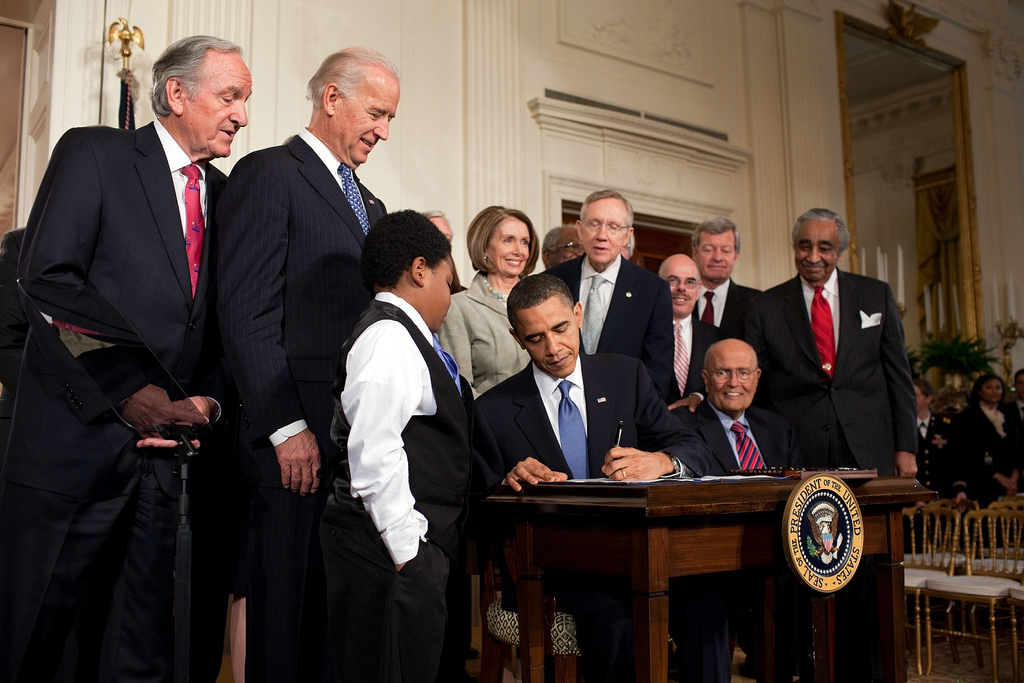
Over the last several weeks, news reports began to circulate that King.com Limited, the software developer that designed the hugely popular "Candy Crush Saga" game, had trademarked the term "CANDY" in the United States, and had begun to send cease and desist demands to developers who were using the term "candy" in connection with other, unauthorized applications.
The developer is also the creator of PetRescue Saga and the FarmHeroes Saga.
Yesterday, the Los Angeles Times reported on the more accurate status of the matter.
Namely, the game maker had applied for a federally registered trademark for the word "CANDY" nearly a year ago, and on January 15, 2014, the application was "approved for publication" in the Official Gazette.
This status means that the public has thirty (30) days within which to file any formal oppositions to the pending trademark application.
If, after that period, no one objects (or any formally litigated opposition is unsuccessful), the application will proceed to receive a federal registration.
To protest King's trademark application, several game developers have reportedly created a "Candy Jam" protest website that encourages others to create unauthorized games themed around "candy." Extra credit may be offered to those who also use the words "scroll", "memory", "saga", "apple", or "edge".
One of the creators of the protest website reportedly told the Los Angeles Times: "Reaching a point where a company is allowed to trademark a common word is complete nonsense. You don't need to have a great understanding of the laws to understand that this is ridiculous and totally unethical."
But these protesters are legally incorrect. During the prosecution of the application, the U.S. Trademark Examiner conducted an exhaustive search and found that the word "CANDY" is not commonly nor descriptively used in connection with any other mobile digital applications.
The Examiner did find an existing trademark for "KANDY" in one of the classes of services at issue, but that conflict seems to have been resolved.












